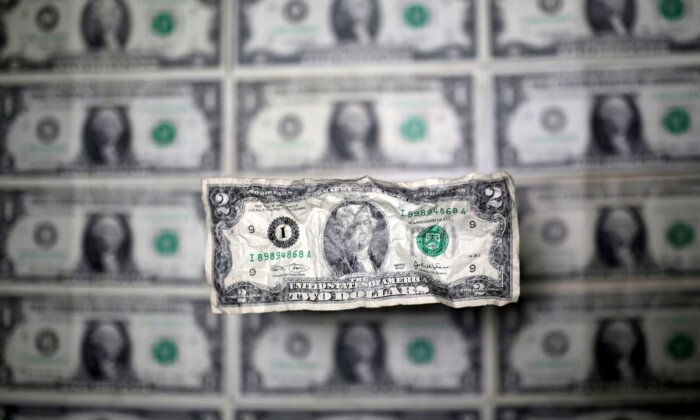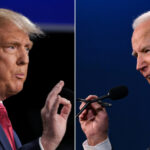Kabunya, a Nairobi-based private security consultant, stated that African leaders are aiming to ‘de-dollarize’ while the seizure of large amounts of US currency is becoming increasingly common. The largest counterfeit haul in Turkey’s history was discovered, with fake $100 bills intended for several African countries. The demand for the US dollar in Africa is high due to collapsed local currencies, making it easy for criminals to flood markets with counterfeit bills. Despite the advanced security features of US currency, the lack of technology in Africa allows counterfeiters to successfully inject fake dollars into local economies. Organized crime groups are producing counterfeit dollars in Africa, particularly in the Democratic Republic of Congo, where governance and law enforcement are lacking. Counterfeit dollars are used in trade involving valuable minerals such as gold and diamonds, with syndicates collaborating across Africa to launder fake currency through legitimate transactions. The production and smuggling of counterfeit dollars fund illegal activities such as human trafficking, narcotics smuggling, and terrorism. The demand for US dollars in Africa is unprecedented, with counterfeit cash being produced in various locations, highlighting the need for increased vigilance and enforcement against counterfeit currency. Kabunya revealed that forgers in the DRC are working hand in hand with corrupt government and law enforcement officials to establish counterfeit factories in various locations such as cities, towns, and jungles. These forgeries then spread across the continent and even overseas due to the high demand for American dollars and lack of faith in African currencies.
Professor David Everatt, a development economist at Wits University, explained that as the value of African currencies decreases, the demand for dollars, the most traded currency globally, increases. This is because global trade is primarily conducted in the currencies of major economic powers like the U.S. dollar.
According to Rabah Arezki, Chief Economist at the African Development Bank Group, many sub-Saharan African currencies continue to weaken against other global trading currencies, leading to a loss of value and purchasing power on the continent. The World Bank report in October 2023 identified Nigeria and Angola as having the two worst-performing currencies on the continent, with the naira and kwanza losing nearly 40 percent of their value against the U.S. dollar.
The gap between supply and demand for foreign currencies in African countries is a significant issue driving counterfeiting activities, especially when there is a shortage of foreign exchange, leading people to turn to the black market. Additionally, the reliance on imports in African nations contributes to the demand for dollars, further reducing reliance on local currencies.
The dollarization of African economies, where foreign currencies are used for transactions, also plays a role in driving counterfeiting activities. Despite calls for reducing reliance on the U.S. dollar and shifting to other currencies like China’s renminbi, the American currency remains the most trusted in Africa.
In countries like DRC, U.S. dollars are widely accepted and used for most major purchases, as the local currency lost value during times of conflict. While African leaders discuss moving away from the U.S. dollar, the average African, whether law-abiding or not, continues to favor the American dollar. Please rewrite this sentence.
Source link





